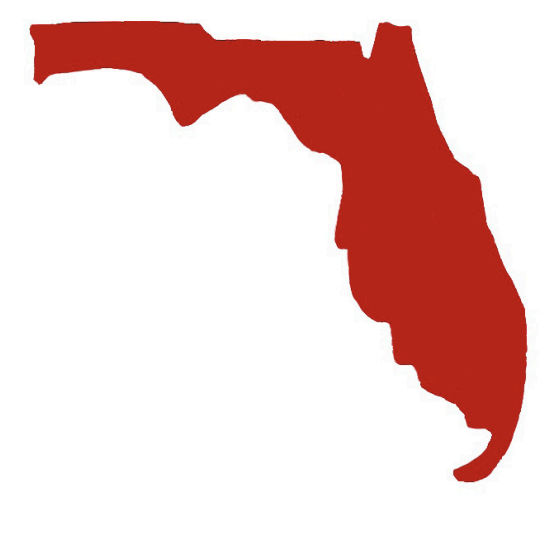
In a world defined by its inequality, education is the greatest equalizer. Education is the quickest path to agency, to knowledge and a passport to freedom. So it’s incredibly scary to hear someone like Florida governor Ron DeSantis justify his whitewashing of the history curriculum by claiming that enslaved African Americans benefited from slavery. When asked about the contents of his new curriculum on slavery by The Washington Post this year, DeSantis responded by saying, “They’re probably going to show that some of the folks that eventually parlayed, you know, being a blacksmith into doing things later in life”. The sheer absurdity of this idea goes without saying. In order to remain consistent with the principles of free thought and open education, I believe that the Academy needs to address DeSan tis’s purge on education.
In January this year, ABC News reported that DeSantis’s office banned AP African American studies, citing a “lack of educational value” when asked by Politico. In August, Florida’s ‘Don’t Say Gay’ Bill prohibited students from discussing sexual and gender identity in the classroom, prompting the state to ban AP Psychology for its content on gender identity. These actions were all made in an effort to fight what he called the “woke” mob, a shadowy force that he claims is pushing their agenda in education. In essence, the future of education in Florida is bleak. It is a future scrubbed clean of any blemish on American history, absolving the government of the shame of perpetuating these injustices and in turn denying any historical debt they may have toward marginalized groups.
But why do we care? As a Deerfield student, why should I give any regard to what is happening hundreds of miles away from me, something that, realistically speaking, I will never encounter? Truthfully, there aren’t a lot of reasons. After all, why should someone here give so much thought to a situation divorced from their reality? Pragmatically, there isn’t a good reason why anyone at Deer field should care, least of all the institution. But when confronted with our values, there is a universal level of kinship regarding A Not so Brave New World BILLY TANG Associate Editor education that we cannot ignore. I care about the crackdown on education in Florida because I and any other teenager alive should be given an education free from the political knot twisting of our government. This belief is the reason why I think Deerfield should care.
Last year, Head of School Dr. John Austin published an article on why “Educators should Practice Principled Neutrality.” In this article, he outlined his belief that educators, particularly those of high academic authority, should refrain from expressing their political opinions to foster independent thought among the student body. Furthermore, Dr. Austin stated that we can achieve this neutrality by incorporating rival thinkers, removing bias from the classroom, and creating an environment built to handle multiple perspectives. I agree. Education should be sacred and should not serve to advance any particular ideology without reason. This belief is precisely why the Academy should address this issue. What DeSantis is doing however, is destroying that environment for critical thinking and shoehorning his own ideology into classrooms for political gain. From punishing rival stances to restricting access to information, this practice goes against every principle we uphold in academics. If education is a melting pot of ideas, DeSantis is poisoning Florida’s for his own benefit, killing off other perspectives to make room for his own. While educators should be wary of the power they wield, this encroachment on education is so toxic and degenerative to our future that we need to safeguard against it. As a school that prioritizes the openness of education and the ability to form independent thought, the Academy has to take a stance against this censorship on the basis of principle.
But what do we do? After all, Florida is a long way from our little pocket in Deerfield. In truth, it matters little what we specifically do. We could host a school meeting segment discussing the issue, allow faculty to publicly comment on the issue, or use it as a classroom discussion springboard. But the important part is having an institutional stance, not just to let students know what we believe as a school but also to be consistent in our values in open intellectual curiosity in calling out actors that set terrible precedents for education.
Ultimately, the actions we can take from Western Massachusetts are relatively limited. Still, if this article has prompted any of you to even give a tiny thought to the nature of our educational environment, it is a win. Not just because it brings awareness to the issue but because you’ve successfully reflected on education’s sheer power over you and what that means for

